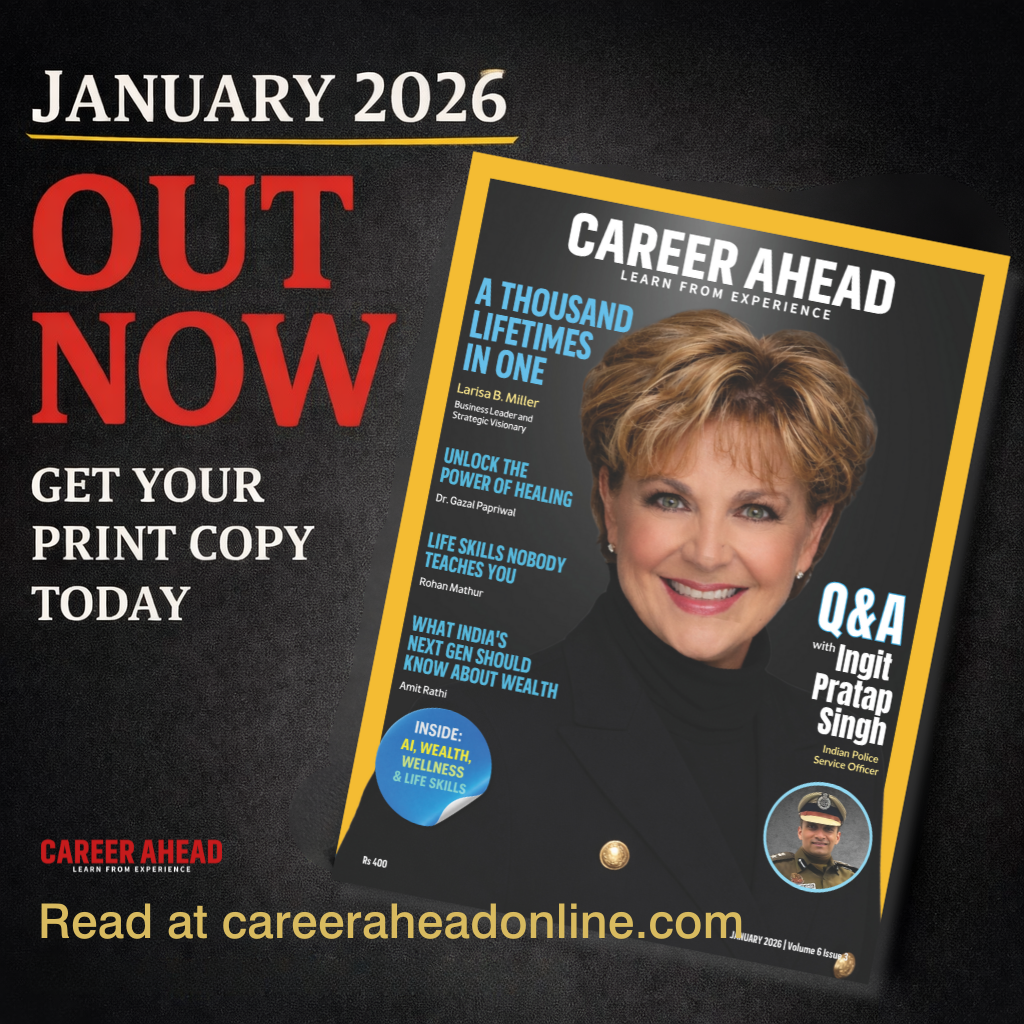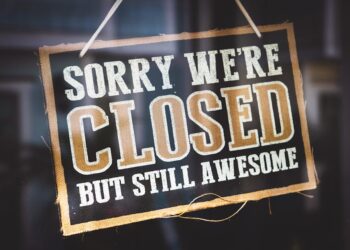No products in the cart.
Mastering the Art of Disagreement in the Workplace
Disagreement is inevitable in any workplace. Mastering it can lead to respect and collaboration. Discover how to navigate these challenges effectively.
Seattle, USA — In a world increasingly defined by polarization, the ability to engage in respectful disagreement is akin to a superpower. Whether in boardrooms, classrooms, or coffee shops, the way we navigate conflict can either build bridges or erect walls. The art of professional disagreement is not just about being right; it’s about fostering respect and collaboration in an environment where differing opinions can lead to innovation.
Disagreements are not merely obstacles; they are opportunities. When approached with the right mindset and tools, they can spark creativity and drive progress. Take the tech industry, for example. Companies like Google and Microsoft thrive on diverse perspectives, encouraging employees to voice their opinions. This culture of open dialogue leads to groundbreaking ideas. However, the key lies in how these conversations are framed.

Frameworks for respectful disagreement can transform the workplace. Instead of viewing conflict as a negative force, professionals can adopt constructive conflict approaches. These frameworks promote understanding, allowing individuals to express their views without dismissing others. A study from the Harvard Business Review reveals that teams that engage in respectful disagreement are 25% more effective than those that avoid conflict altogether [1].
 E-Commerce
E-CommerceSebi Streamlines Securities Credit Process for Investors
Sebi's new rule allows direct credit of securities to demat accounts, enhancing efficiency for investors. This change is effective from…
Consider the story of a young marketing manager, Lisa, at a startup in San Francisco. When her team faced a critical decision on a major campaign, opinions clashed. Instead of allowing tension to escalate, Lisa employed a technique she learned in a workshop: the “Yes, and…” method. This approach encouraged her team to acknowledge each other’s ideas while building on them, rather than shutting them down. As a result, the campaign evolved into a collaborative masterpiece, integrating diverse perspectives and ultimately outperforming expectations.
They also have profound implications for personal growth and leadership development.
The benefits of mastering professional disagreement extend beyond project outcomes. They also have profound implications for personal growth and leadership development. Engaging in constructive conflict cultivates essential skills such as empathy, active listening, and adaptability. These skills are invaluable as we navigate an increasingly complex job market that demands not just technical expertise but also emotional intelligence.
However, fostering a culture of respectful disagreement is not without its challenges. In many workplaces, fear of retribution or a punitive atmosphere stifles honest communication. A survey conducted by the Society for Human Resource Management found that nearly 60% of employees avoid voicing dissenting opinions due to fear of negative consequences [2]. This reluctance can hinder innovation and lead to groupthink, where critical thinking is sacrificed in favor of conformity.
To combat this, organizations must create environments where disagreement is not only accepted but encouraged. Training programs focused on conflict resolution and communication should be integral to professional development. Leaders play a pivotal role here; they must model respectful disagreement by demonstrating vulnerability and openness to feedback. When leaders embrace constructive conflict, they set a precedent that can permeate the entire organization.
 Career Development
Career DevelopmentGlobal Passport Rankings: A Shift in Power for 2025
Explore the 2025 global passport rankings, revealing surprising leaders and the positions of India and Pakistan, impacting travel and work…
Read More →Moreover, technology can serve as a catalyst for change. Platforms like Slack and Microsoft Teams facilitate dialogue among remote teams, allowing for asynchronous discussions where individuals can express their thoughts without the immediate pressure of face-to-face interactions. This can lead to more thoughtful contributions and a deeper understanding of diverse viewpoints.
As we look to the future, the ability to navigate disagreement will become increasingly essential. The rise of remote work and global teams requires professionals to engage with colleagues from different cultural backgrounds and perspectives. Understanding how to disagree respectfully can bridge gaps and foster collaboration in a landscape that often feels fractured.
Training programs focused on conflict resolution and communication should be integral to professional development.
In essence, the art of professional disagreement is about more than just handling conflict; it’s about cultivating relationships that can withstand the storms of differing opinions. As we embrace this skill set, we not only enhance our careers but also contribute to a healthier, more innovative workplace culture. The next time you find yourself in a disagreement, remember: it’s not about winning; it’s about learning and growing together.











